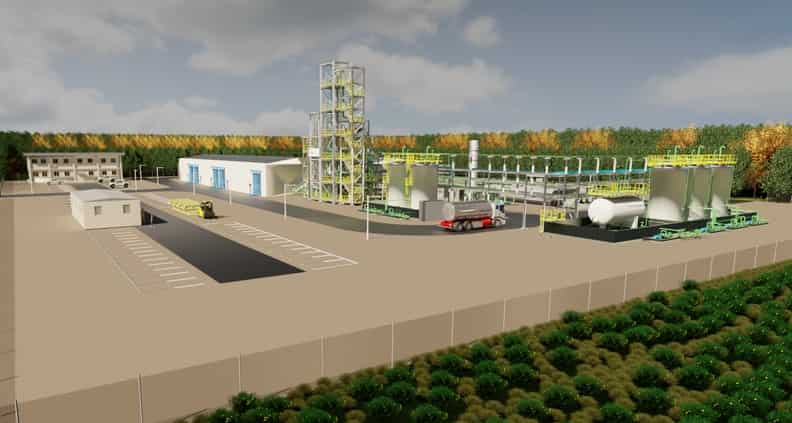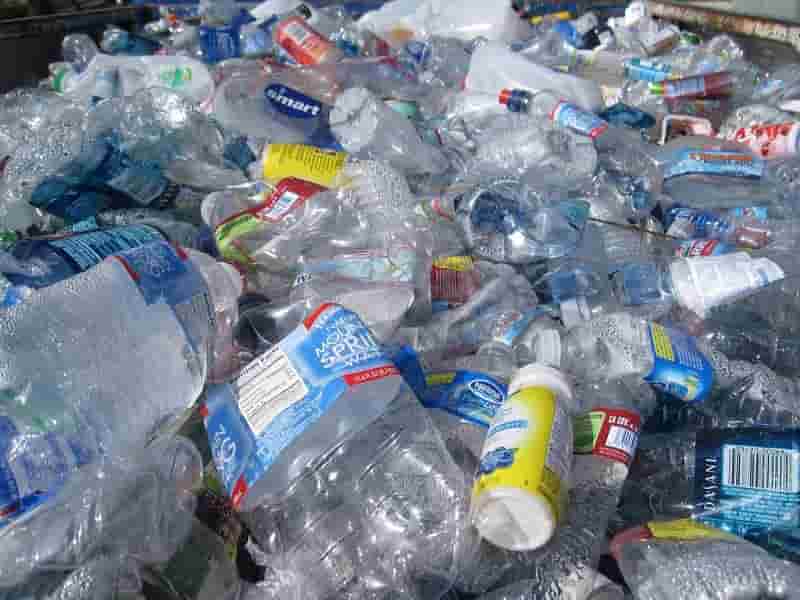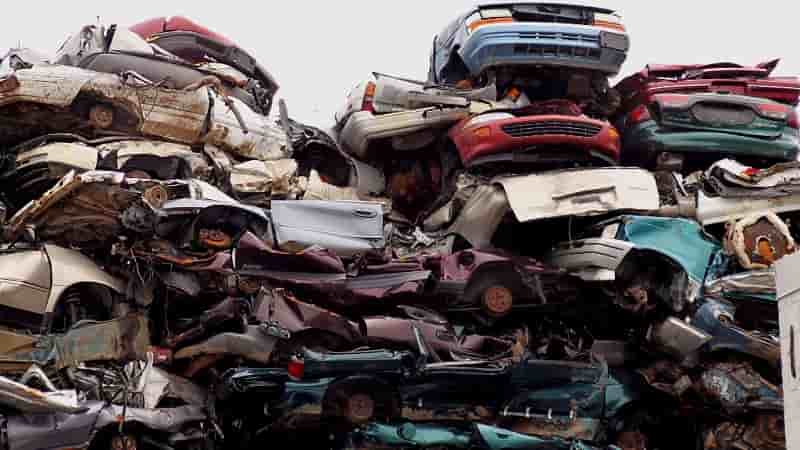Recycling Brics De-Dollarization – Does a biopolymer have a lower environmental impact than a biodegradable polymer? 30-08-2023 - Arhive
Recycling Brics De-Dollarization
Amcor and Mondelēz International, two major players in the global packaging industry, have taken a significant stride towards advancing the construction of an Australian chemical recycling plant
This groundbreaking facility harnesses the innovative Catalytic Hydrothermal Reactor (Cat-HTR) technology developed by Australia-based Licella, heralding a new era in sustainable plastic waste management. Recycling Brics De-Dollarization

Ampacet Unveils ProVitalTM+ Permstat: Advanced Medical-Grade Permanent Antistatic Masterbatch
Ampacet, a prominent global leader in masterbatch solutions, has launched ProVital+ Permstat, an innovative non-migratory antistatic masterbatch meticulously designed to confer enduring and immediate antistatic characteristics to polyolefin films utilized in pharmaceutical operations.

The BRICS and the Quest for De-Dollarization: A Complex Endeavor
The recent summit of the BRICS nations – Brazil, Russia, India, China, and South Africa – concluded with both optimism and challenges surrounding the much-discussed notion of de-dollarization in international payment transactions. The objective of liberating the Global South from the dominance of the American dollar remained elusive, revealing the intricate nature of the task at hand. Recycling Brics De-Dollarization

MBA Polymers UK, a pioneering force in plastics recycling, has unveiled an ambitious expansion plan that involves the inauguration of a state-of-the-art plastics recycling facility in Wimblington, Cambridgeshire
The strategic move aligns seamlessly with the company’s overarching growth strategy and propels it closer to realizing its ultimate aspiration: the establishment of a comprehensive nationwide plastic recycling network that caters to the surging customer demand for environmentally conscientious, low-carbon products.

Advancing Towards Sustainable Plastic Alternatives: Navigating a Complex Landscape
In an era marked by convenience and rapid technological progress, the transformative impact of plastics on modern life cannot be understated. The sheer versatility of their applications has catalyzed industrial and economic growth. Yet, the widespread use of plastics has given rise to a profound environmental predicament. As the detrimental consequences of plastic waste become increasingly evident, the imperative to discover sustainable alternatives gains urgency. Recycling Brics De-Dollarization

Can the fashion industry move from recycled bottles to reused threads?
- Summary
- Legislation in EU and U.S. states will make textile producers responsible for life cycle of products
- Just 1% of clothing materials recycled despite 74% of post-consumer textiles suitable for recycling
- Brands such as Patagonia, Adidas and Zara working directly with recycling companies on new lines
- Cotton recycler Infinited Fiber to produce 30,000 tonnes of recycled fibre at first commercial plant
- CuRe’s recycled polyester offers greater than 80% lower carbon footprint than virgin polyester
There’s probably enough clothing on the planet that there’s no need to spin another new fibre. In the United States and European Union almost 22 million tonnes of textiles are thrown out every year. The waste is found everywhere from the ocean to the Atacama Desert. Recycling Brics De-Dollarization

Recycling Enthusiasts Welcome EU’s Ambitious Plastic Recycling Goal for Automobiles, While Automakers Express Caution
The European Commission’s recent proposition to establish a mandatory benchmark of at least 25% recycled plastic integration in new automobiles has sparked favorable reactions from recycling advocates, while simultaneously triggering apprehension within the automotive manufacturing and plastics sectors.

Recycling Brics De-Dollarization
